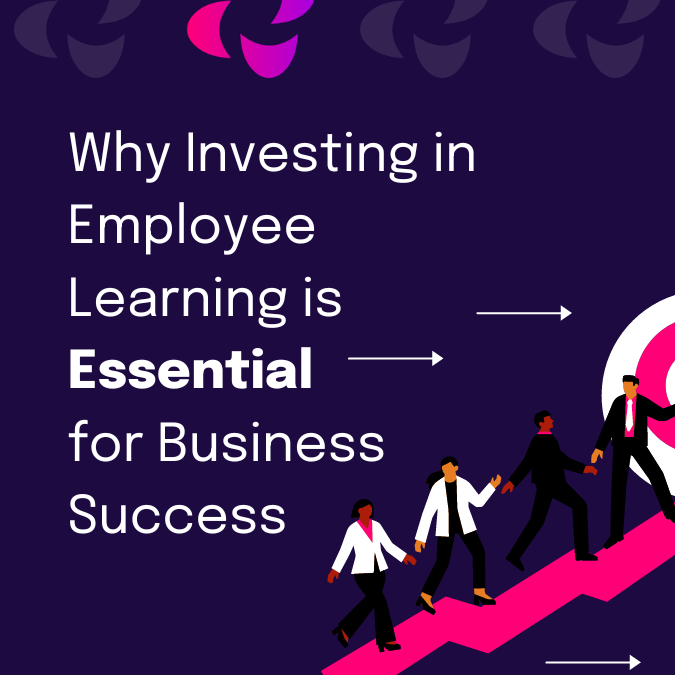May 12, 2023
In today's rapidly changing business landscape, organisations that prioritise employee learning and development gain a significant competitive advantage. The traditional model of relying solely on external hiring to acquire new skills is no longer sufficient. Instead, investing in employee learning has become essential for businesses aiming to thrive and achieve long-term success. This blog will explore the numerous reasons why organisations should prioritise employee learning as a strategic investment.
Enhanced Employee Engagement and Retention:
Investing in employee learning demonstrates a commitment to their professional growth and development. When employees see that their organisation is willing to invest in their learning journey, it fosters a sense of loyalty and engagement. Employees who feel valued and have opportunities for growth are more likely to stay with the company, reducing turnover rates and associated recruitment costs. A motivated and engaged workforce leads to increased productivity and improved overall business performance.
Acquisition of New Skills and Knowledge:
The business landscape is evolving rapidly due to technological advancements, industry disruptions, and changing customer expectations. To stay relevant, organisations must adapt and acquire new skills. By investing in employee learning, companies enable their workforce to gain up-to-date knowledge and develop new skills that align with industry trends. This allows businesses to remain competitive, innovate, and respond effectively to evolving challenges and opportunities.
Improved Performance and Productivity:
Employees who receive regular training and development opportunities are equipped with the tools and knowledge to perform their jobs more effectively. When employees feel confident and competent in their roles, they are more likely to deliver high-quality work, meet objectives, and exceed customer expectations. This results in improved overall performance and increased productivity, leading to enhanced customer satisfaction and business success.
Nurturing a Learning Culture:
Investing in employee learning fosters a culture of continuous learning within the organisation. When learning becomes a core value, employees are encouraged to seek new knowledge, share insights, and collaborate. A learning culture promotes creativity, innovation, and the ability to adapt to changing circumstances. It encourages employees to embrace new challenges, take calculated risks, and contribute to the organisation's growth and success.
Leadership Development:
Employee learning is not limited to entry-level or mid-level staff. Investing in leadership development programs and training initiatives allows organizations to groom their future leaders from within. By identifying high-potential employees and providing them with opportunities for growth, companies can cultivate a strong leadership pipeline. Effective leaders drive strategic initiatives, inspire their teams, and shape the company's culture, leading to sustainable business success.
Stay Ahead of Industry Disruptions:
Industries are constantly evolving, and businesses must stay ahead of disruptive forces to survive and thrive. Investing in employee learning enables organizations to proactively address industry shifts. By developing a workforce that is agile and adaptable, companies can respond quickly to emerging trends, technological advancements, and changing customer needs. This flexibility and readiness to embrace change are crucial for long-term success in today's dynamic business environment.



